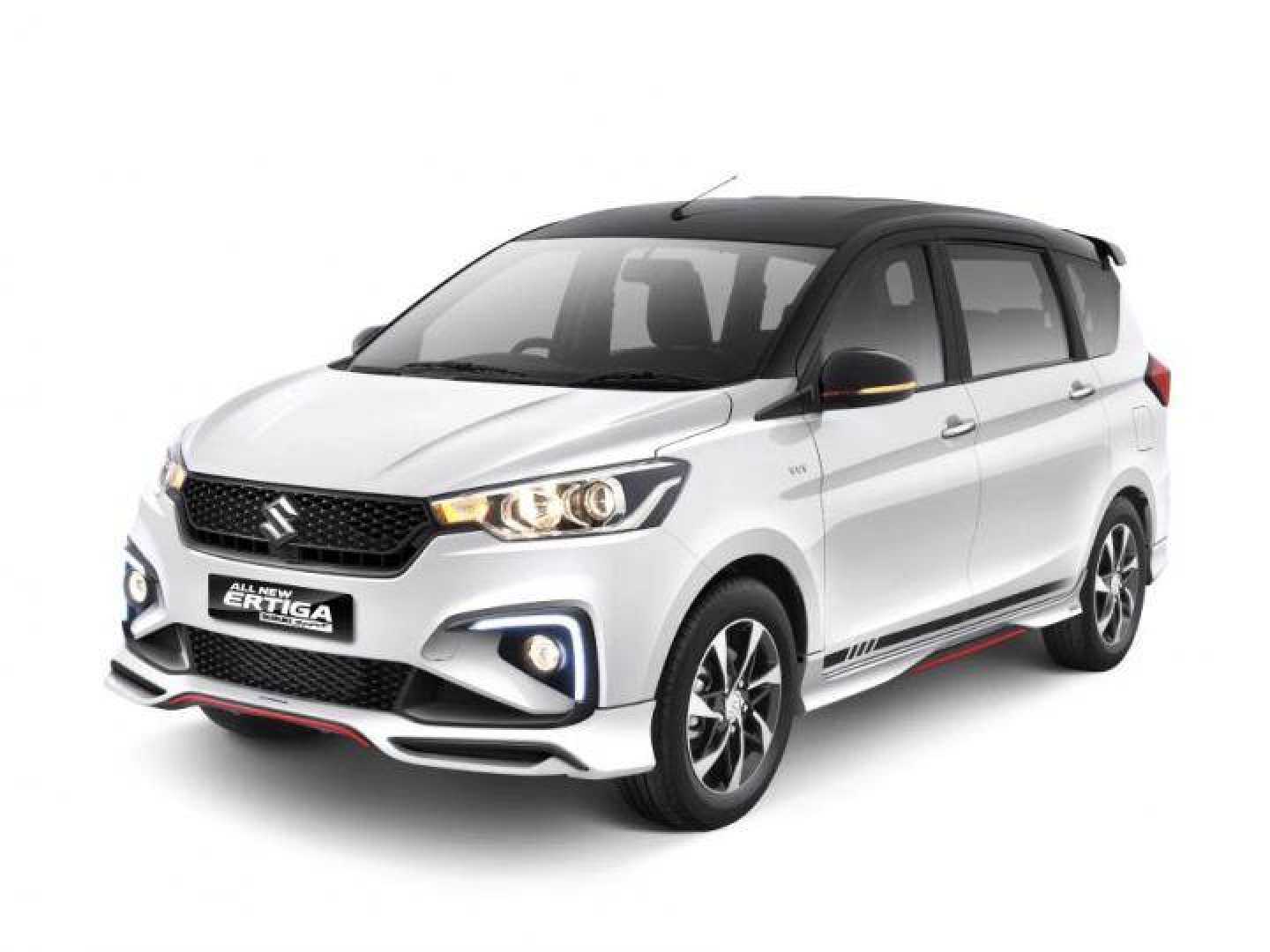Business
India’s E20 Fuel Rollout Prompts Automakers to Address Mileage Concerns

NEW DELHI, India — India’s new fuel initiative, which blends 20% ethanol into gasoline, is expected to reduce vehicle mileage by 2% to 4%. This announcement was made by a representative of the country’s automakers amidst growing concerns among drivers in the world’s third-largest car market.
The government set a 2025 goal for the ethanol blending program, known as E20. It is part of Prime Minister Narendra Modi’s focus on clean energy solutions. However, drivers have voiced worries about the impact of E20 on vehicle performance, particularly older models, as it becomes the primary fuel choice at nearly all gas stations.
P.K. Banerjee, executive director at the Society of Indian Automobile Manufacturers (SIAM), reassured the public, stating, “Millions of vehicles are plying on E20 for quite some time now. Not a single vehicle breakdown or engine failure has been reported.” He emphasized the importance of maintaining consumer confidence by ensuring that warranty and insurance claims would be honored should the need arise.
SIAM, which includes major car manufacturers like Maruti Suzuki, Hyundai, Mahindra & Mahindra, Tata Motors, and Toyota, hosted an event in New Delhi to clarify details regarding the E20 rollout. Banerjee challenged claims that fuel efficiency would drop by 50%, stating such figures were unfounded. He referenced scientific studies indicating the more realistic 2%-4% efficiency decline.
C.V. Raman, an executive committee member at Maruti Suzuki, noted that driving conditions and vehicle maintenance could produce variable results, potentially leading to lower mileage than the estimates provided.
As the rollout of E20 fuel began in 2023, older fuel blends like E5 and E10, which were more compatible with older vehicles, have been phased out from almost all of the country’s 90,000 fuel stations. Motorists have expressed frustration over the lack of fuel options and the mixed messaging from automakers.
Legal challenges regarding the transition to E20 are also brewing, with public interest litigation set to be heard in the Supreme Court on Monday.












